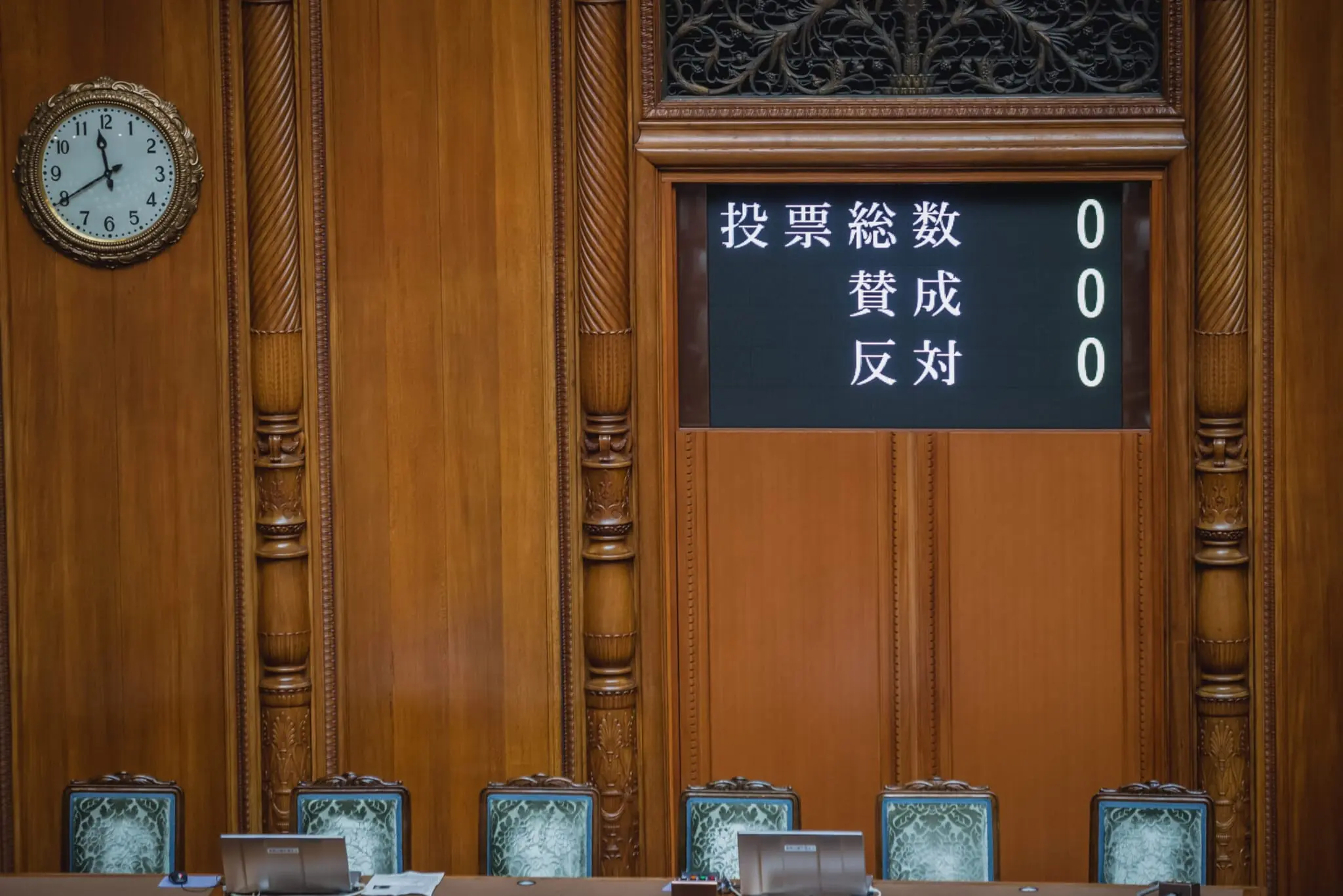Prime Minister Shigeru Ishiba made a political gamble by calling a snap election even before he was officially confirmed as the country’s new leader. It was not the result he was hoping for, though, as the Liberal Democratic Party (LDP) lost its single party majority in the lower house. The party secured 191 seats, while its junior partner, Komeito, won just 24, meaning the coalition fell 18 short of the 233 seats needed for a majority. The Constitutional Democratic Party of Japan (CDPJ), meanwhile, gained 50 seats, increasing its total to 148.
List of Contents:
LDP ‘Judged Very Harshly’ During the Election Says Ishiba
“We have made progress. We still hope to defeat the LDP and the Komei Party,” said Yoshihiko Noda, president of the CDPJ.
“I am aware that we have been judged very harshly. We must humbly and solemnly accept this,” was Ishiba’s response to the election result. Jeffrey Hall, a lecturer at Kanda University of International Studies, told the BBC that the election was “about voters who are fed up with a party and politicians they see as corrupt and dirty. But it’s not one where they want to bring about a new leader.”
The LDP now has to choose between bringing other parties into its coalition or ruling via a minority government. Either option places Ishiba’s position as the country’s leader in jeopardy. He called for the snap election hoping that he would gain approval from the public, which would then give him a firmer grip on power. Voters expressed dissatisfaction at the sluggish economy, weak yen, stagnant wages and rising living costs. Another major factor was the slush fund scandal involving the misuse of campaign funds by several LDP members. One voter told the The Mainichi, “it was the biggest issue for me.”









